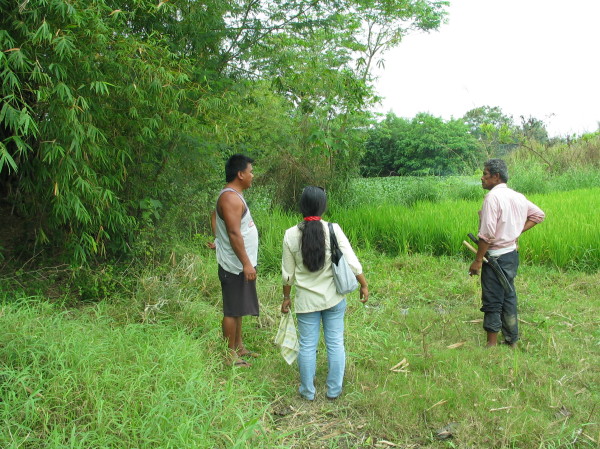Pressenza reproduces in part this “Report of the United Nations High Commissioner for Human Rights”.
Written by Robert Vaughan, of the UN office.
Introductory summary
The present report, submitted pursuant to General Assembly resolution 48/141, offers a human rights analysis of land-related issues, in particular on land management, States’ obligations and other actors’ responsibilities. It also lays out the criteria that States should apply when considering land and human rights issues in relation to specific groups
and existing human rights.
The contents
I. Introduction………………………………………………………………………………………………. 1 – 11 3
II. Land issues from a human rights perspective ……………………………………………….. 12 – 61 4
A. Human rights standards and obligations………………………………………………… 12 – 14 4
B. States’ obligations with regard to land issues…………………………………………. 15 – 34 5
C. Obligations towards specific groups……………………………………………………… 35 – 53 9
D. Responsibilities of business enterprises…………………………………………………. 54 – 57 13
E. Applicable international humanitarian law, international criminal law and
international refugee law…………………………………………………………………….. 58 – 61 14
III. Moving forward with land issues…………………………………………………………………. 62 – 71 15
A. Applying a human rights-based approach to land issues ………………………….. 62 – 66 15
B. Securing land tenure …………………………………………………………………………… 67 – 71 16
IV. Conclusion and recommendations ……………………………………………………………….. 72 – 80 17
Pressenza takes the all important “Conclusions and recommendations” section to highlight, as follows:
72. Land-related issues present a number of urgent challenges to human rights, given that land is an essential element for the realization of many of them.
73. Growing global concerns about food security, climate change, rapid urbanization and the unsustainable use of natural resources have all contributed to
renewed attention to how land is being used, controlled and managed. The access to, use of and control over land directly affect the enjoyment of a wide range of human
rights. At the same time, disputes over land are often the cause of human rights violations, conflicts and violence. The human rights dimensions of land-related issues
are direct connected to development, peacebuilding and humanitarian assistance, as well as disaster prevention and recovery.
74. Land-related decision-making that ignores human rights standards often leads to the forcible eviction or displacement of people. In many countries, the shift to largescale
farming results in forced evictions, mass displacement and local food insecurity, which in turn have contributed to an increase in rural to urban migration and put added pressure on access to urban land and housing. Displacements are often conducted in a manner that violates the human rights of the communities concerned, compounding their already precarious situation. Some measures intended to protect the environment can also run counter to the interests and human rights of populations that depend on land for their subsistence and survival.
75. Guidance from the human rights normative framework and standards on land issues, including on the principles of non-discrimination, equality participation transparency and accountability, can help Member States to elaborate strategies, policies and programmes that will ensure the sustainability of the development process and the interests of rights-holders.
76. More specifically, States, United Nations agencies and all actors involved in land issues need to carefully consider the guidance given by human rights mechanisms, including treaty bodies in their general comments. In particular, States are encouraged to integrate the guiding principles on security of tenure for the urban poor, the basic principles and guidelines on development-based evictions and displacement 56 and the guiding principles on human rights impact assessments of trade and investment agreements 57 in their laws, policies and programmes.
77. Similarly, States are encouraged to duly reflect, in conjunction with their human rights obligations, the Voluntary Guidelines on the Responsible Governance of Tenure of Land, Fisheries and Forests in their laws and policies.
78. Special attention should be devoted to ensuring security of tenure of all segments of the population regardless of the type of tenure, and to ensuring equal rights and non-discrimination in matters relating to inheritance of land.
79. States should ensure due process in matters relating to conflicts on land, displacement, eviction and other land-related issues. This requirement also applies to international financial institutions and other actors dealing with land in their activities.
80. States should pay special attention to human rights defenders, including lawyers and community representatives, working on land and evictions, and protect them against all forms of threat and harassment.
Thank you Robert Vaughan.










